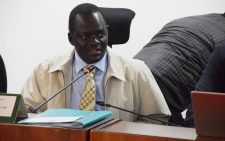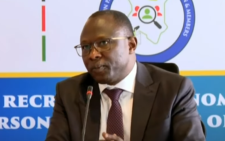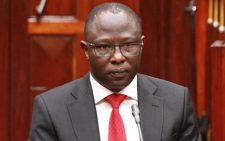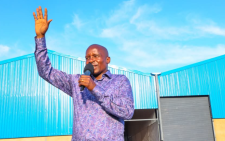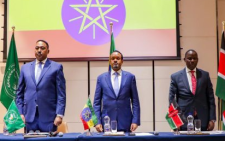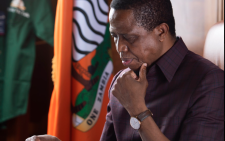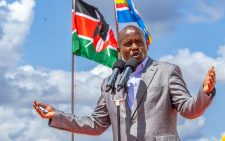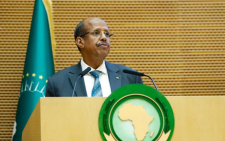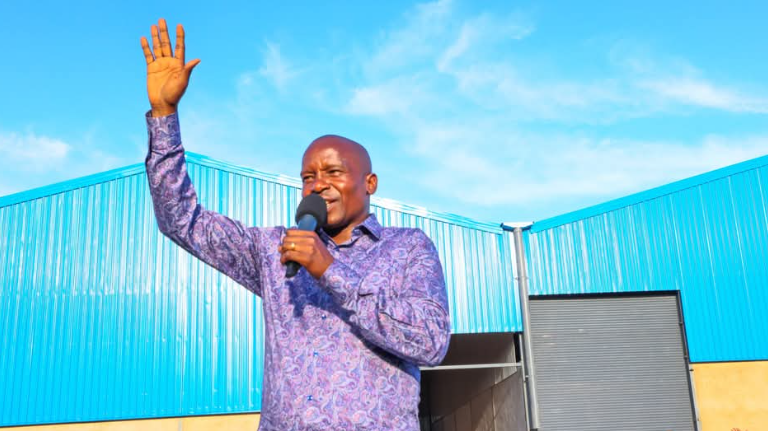IEBC interviewee spills the beans on Moi varsity
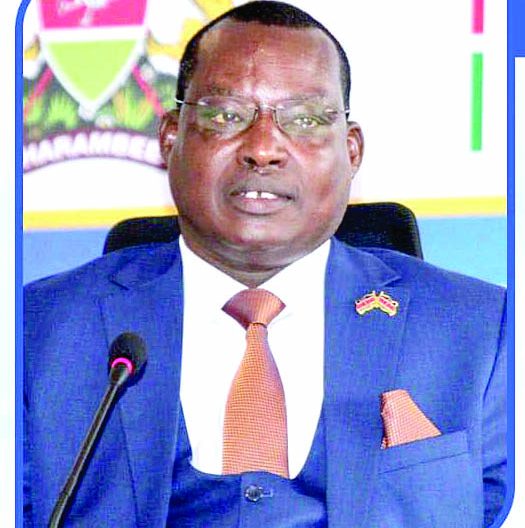
A candidate for the Independent Electoral and Boundaries Commission (IEBC) member revealed how Moi University Senate bowed to pressure from politicians and opened many campuses without due diligence, leading to the near collapse of the institution.
Appearing before the IEBC Selection Panel, Solomon Ikote, a former Administrative Assistant of the university, narrated how politicians trooped to the vice chancellor’s office demanding a campus in their areas.
“It was a Senate decision that politicians influenced. Moi University was the best institution at that time. Some of us who had been there long enough, when we see what is happening now, we feel like crying. That expansion was partly political,” Ikote said.
The candidate told the panel that he started working at the university in 2001 as an administrative assistant, before being promoted to manage the admission of students in the office of the chief academic officer. He later became Principal Officer in charge of postgraduate admission and academic affairs.
Ikote exonerated himself from the downfall of Moi, stating that he was a junior officer in the secretariat of the university.
“Being a coordinator, you are a very small person in the university. Those are decisions made by the Senate, Deans’ committees and management,” he said.
Learning from the misfortunes of Moi University, Ikote, who is currently serving as a council member in Tharaka University, told the panel that he has strongly opposed any attempt by the latter to open campuses.
“We have many pieces of land in Kitui, Machakos and Meru with title deeds. So I advised the council that we should only have schools for specific studies like business when it is necessary, but avoid campuses or constituent colleges because of the experience we went through in Moi.”
According to Ikote, most of the constituent colleges which were graduated into standalone universities never repaid the capital that Moi University invested.
Some of the universities birthed by Moi include Garrisa, Karatina, Rongo, Kabianga, Kisii and Maasai Mara, where Ikote was seconded as the head of marketing and communication.
If appointed as a member of IEBC, the candidate vowed to influence other commissioners to work independently and avoid political patronage while making their decisions.
Noting that the electoral agency is currently facing funding challenges as it relies fully on the Exchequer, the interviewee proposed that the incoming commissioners should consider creating an endowment fund.
“Unlike the IEBC fund created by the IEBC Act, the endowment fund allows the commission to approach individuals and organisations to contribute to its operations,” he emphasised.
